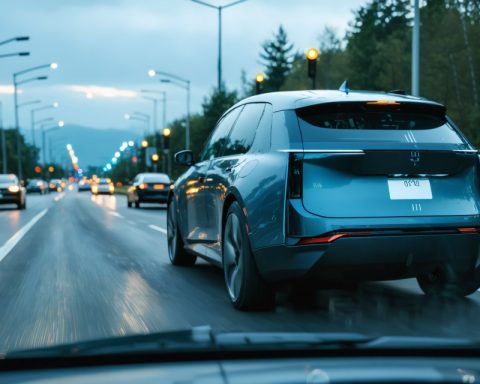In recent years, the term “AI 2.0” has been popping up in conversations about the future of technology. But what exactly is it, and how does it differ from the AI we’re familiar with?
At its core, “AI 2.0” refers to the next generation of artificial intelligence—technology that goes beyond basic machine learning models and narrow AI applications. While previous AI systems were primarily designed for predefined tasks, AI 2.0 embodies a new era where machines can possess more advanced reasoning capabilities, better context understanding, and improved autonomy across various domains.
One of the key features of AI 2.0 is its ability to learn from smaller datasets, drastically reducing the need for massive data inputs. This enhancement is propelled by breakthroughs in transfer learning and continual learning. Such capabilities enable AI systems to understand and adapt more efficiently, making them applicable to a broader range of real-world problems.
Furthermore, AI 2.0 models strive to be more explainable and transparent. This ensures that decisions made by AI can be understood and trusted by humans, which is crucial for sensitive applications in healthcare, finance, and autonomous systems.
Meanwhile, the integration of AI 2.0 into everyday tools, such as home devices and workplace applications, could significantly enhance productivity and convenience. As this new wave of AI technology develops, it promises to make a substantial impact on how individuals interact with technology, carrying the potential to transform daily tasks in a way that is seamless and innovative.
The Hidden Consequences of AI 2.0: Transforming Society for Better or Worse?
As AI technology marches forward with AI 2.0, the potential implications for societies and economies are profound and multifaceted. Beyond the technological advancements and improved capabilities, there’s a transformational impact on human lives and societal structures that merits examination.
How does AI 2.0 affect the job market? This next wave of AI could dramatically alter employment landscapes. While AI 2.0’s increased autonomy promises efficiency and innovation, it also raises concerns about job displacement. Can AI 2.0 replace people in fields traditionally reliant on human intuition and decision-making, like journalism or law? The role of AI in the job market remains a critical and contentious debate.
Further, AI 2.0’s promise of improved transparency and explainability might be revolutionary for addressing biases inherent in previous AI systems. However, do improved explanations necessarily lead to greater trust? Some experts argue that even with higher transparency, the complexity of AI models may remain beyond full human comprehension, posing ethical challenges.
Communities stand to benefit as AI 2.0 enhances accessibility and personalizes education and healthcare, offering tailored learning experiences and patient care. But this raises the question: Will society ensure equitable AI access, or deepen digital divides?
Finally, the geopolitical impact of advanced AI capabilities could shift global power dynamics. Countries investing in AI 2.0 could gain strategic advantages, prompting discussions on the need for international regulations and ethical standards.
For further exploration of AI and its global implications, visit World Economic Forum and Wired. AI 2.0 presents incredible opportunities yet poses challenging questions that societies must confront in the coming decades.








